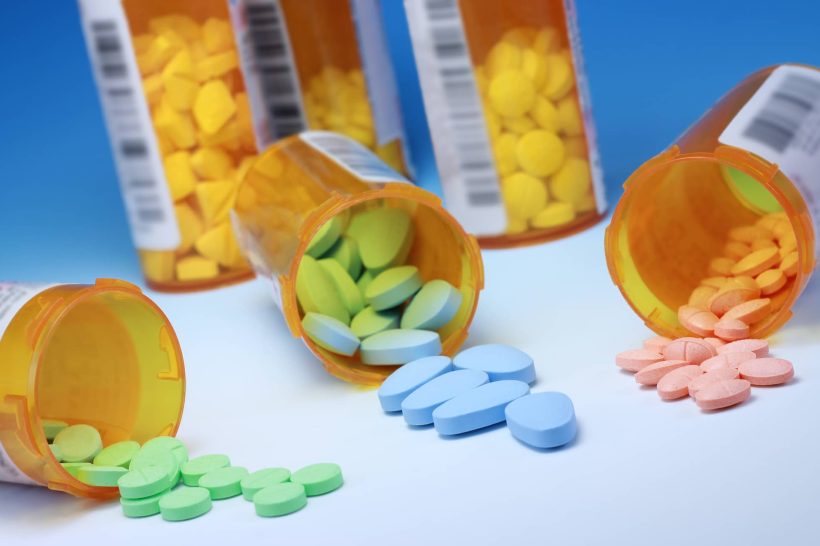Marijuana legalization is often thought of in terms of its potential effects on crime, public safety, and tax revenue. But new research published in Health Economics suggests that there may be another significant outcome of legalization – a decrease in the demand for certain prescription drugs covered by state Medicaid programs.
Read more about how cannabis legalization affects Medicaid prescription drug demand below!
How Marijuana Legalization Impacts Medicaid Prescriptions
The study, conducted by researchers affiliated with Indiana University and Cornell, looked at data from all 50 states to assess trends in Medicaid prescriptions between the years 2011 to 2019 to determine their association with the legalization of marijuana.
These are the statistics of the study, as reported by Marijuana Moment:
On average, recreational cannabis legalization seems to be associated with reductions in prescription drug utilization for depression (-11%), anxiety (-12%), pain (-8%), seizures (-10%), psychosis (-11%), and sleep (-11%).
The article also discusses marijuana’s potential to reduce dependence on opioids. However, the study notes that since limited research has been done on medical cannabis, federal marijuana research must be expanded to explore its potential therapeutic benefits.
Shyam Raman, a co-author of the paper, shared the following quote with Marijuana Moment:
The first step towards considering cannabis for (opioid) harm reduction is determining what that therapeutic dose looks like and that requires federal funding be made more widely available to pursue those questions.
Link Between Legalization & Decreased Prescription Use
After analyzing the data, the authors of the study determined:
We find significant reductions in the volume of prescriptions within the drug classes that align with the medical indications for pain, depression, anxiety, sleep, psychosis, and seizures.
The researchers go on to conclude:
Our results suggest substitution away from prescription drugs and potential cost savings for state Medicaid programs.
